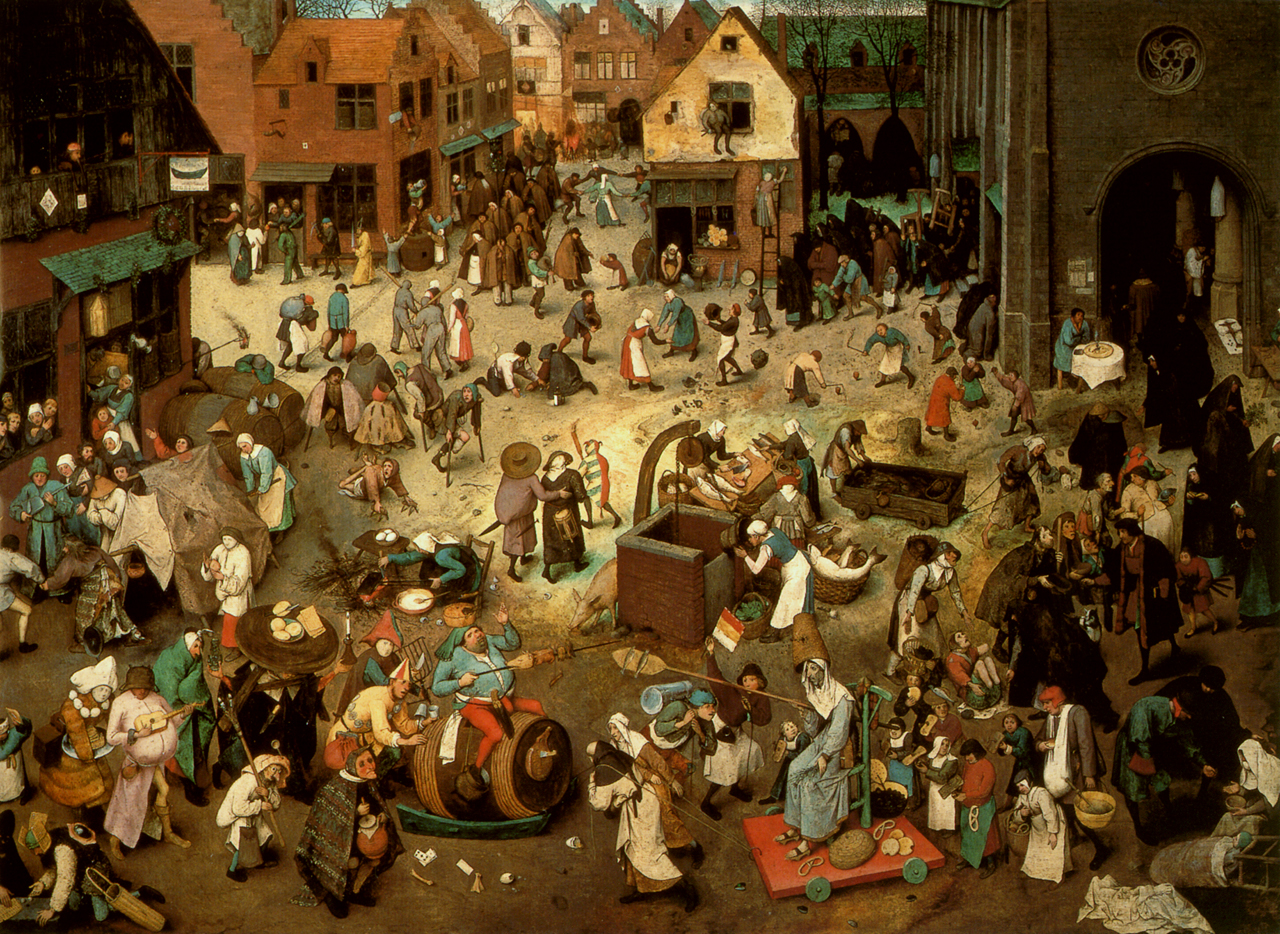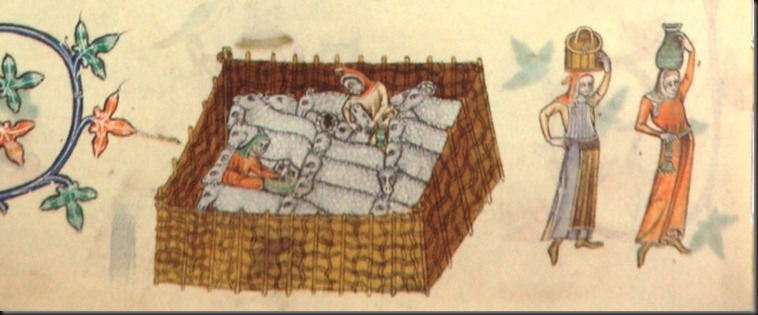Liturgy, Anthropology, Economics and Work
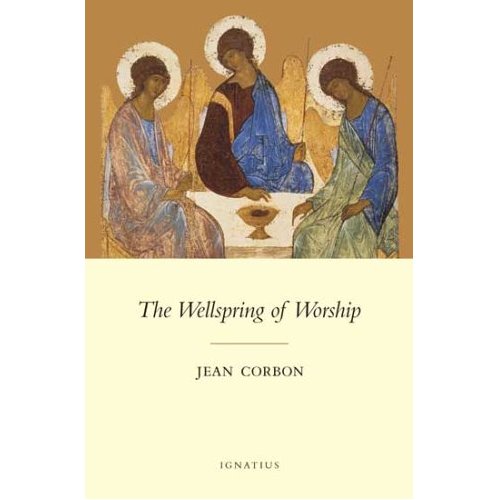 It seems at first an unlikely connection but it is made directly in a book called the Wellspring of Worship, by Jean Corbon. I read it because I heard Scott Hahn recommend it recently. It was Hahn's excellent book the Lamb's Supper which first made clear to me how the Book of Revelation relates the heavenly and earthly liturgy to each other and first opened the door to a sense of the cosmic dimension of the liturgy upon which so much of the Way of Beauty program rests. Corbon was a Dominican in Beirut who was an Eastern (Melkite I think) Catholic. He is also the person who wrote the section on prayer in the Catechism.
It seems at first an unlikely connection but it is made directly in a book called the Wellspring of Worship, by Jean Corbon. I read it because I heard Scott Hahn recommend it recently. It was Hahn's excellent book the Lamb's Supper which first made clear to me how the Book of Revelation relates the heavenly and earthly liturgy to each other and first opened the door to a sense of the cosmic dimension of the liturgy upon which so much of the Way of Beauty program rests. Corbon was a Dominican in Beirut who was an Eastern (Melkite I think) Catholic. He is also the person who wrote the section on prayer in the Catechism. 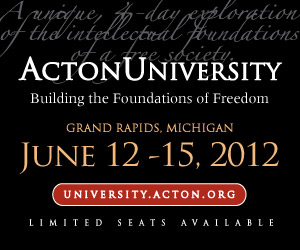 Corbon wrote the following: 'Work and culture are the place where men and the world meet in the glory of God. This encounter fails or is obscured to the degree that men "lack God's glory" (Rom 3:23)... If the experience is to be filled with glory, men must first become once again the dwelling places of this glory and be clothed in it; that is why, existentially, everything begins with the liturgy of the heart and the divinisation of the human person.' Elsewhere he states that an absense of communion through Eucharistic liturgy 'that is at the root of injustices in the workplace, with its alienating structures and disorders in the economy.' (pp 225, 229)
Corbon wrote the following: 'Work and culture are the place where men and the world meet in the glory of God. This encounter fails or is obscured to the degree that men "lack God's glory" (Rom 3:23)... If the experience is to be filled with glory, men must first become once again the dwelling places of this glory and be clothed in it; that is why, existentially, everything begins with the liturgy of the heart and the divinisation of the human person.' Elsewhere he states that an absense of communion through Eucharistic liturgy 'that is at the root of injustices in the workplace, with its alienating structures and disorders in the economy.' (pp 225, 229)
Is the answer to economic problems and injustice in the workplace really the liturgy? This might seem a stretch. However, when one thinks of the nature of economics and the human person (anthropology) the connection seems less obscure. I first heard of the connection between anthropology and economics made when I attended a great series of economics lectures last summer run by the Acton Institute called Acton University in Grand Rapids, Michigan (there is still time to sign up for this year's if you're interested).
In the excellent introductory lectures the speakers described how economics is a reflection of network of social interractions. And the nature of these interractions derives from our understanding of the human person, which in turn comes from Catholic social teaching.
In our use of the terms here, a human person is distinct from an 'individual' (although in common language the two are often used interchangebly). A human person is always in relation with others, starting from birth. No one by choice disengages from society altogether (not even a hermit) and is happy. Indeed, we know who we are by the way we relate to others. If for example you ask people to talk about themselves they will talk about the relationships they have in order to describe who they are: where they work, the community where they grew up, the nature of their immediate family and so on.
This understanding of the human person has a profound effect on how we view what society is. A relationship of the sort we are now envisioning, when properly ordered (and of course it can be disordered) is always between two subjects ie two people freely cooperating as moral agents (freedom is as important a component here as morality). This is termed covenantal and is based upon mutual self-sacrifice (love) on behalf of the other. This freedom to respond as a person is one of the essential elements of society. Society therefore is the vector sum of the relationships within it. It is not a collective of self-contained individuals and their actions.
Covenantal relationships are founded on properly ordered love. When they occur God is present because God is Love. This Love always bears fruit and is creative: in a family for example the fruit of marriage is children. In his encyclical Deus Caritas Est, Pope Benedict used the term 'superabundant' to describe this creativity because it means something created out of nothing. Even in what we might view as less important relationships the same principles apply. In business, for example, a transacation properly ordered for the good of the other is creative too. It creates wealth. Although we don't normally associated love with business transactions, the Pope describes how this mutual interest in the other, which is what love is, is the source of the creative component in business.
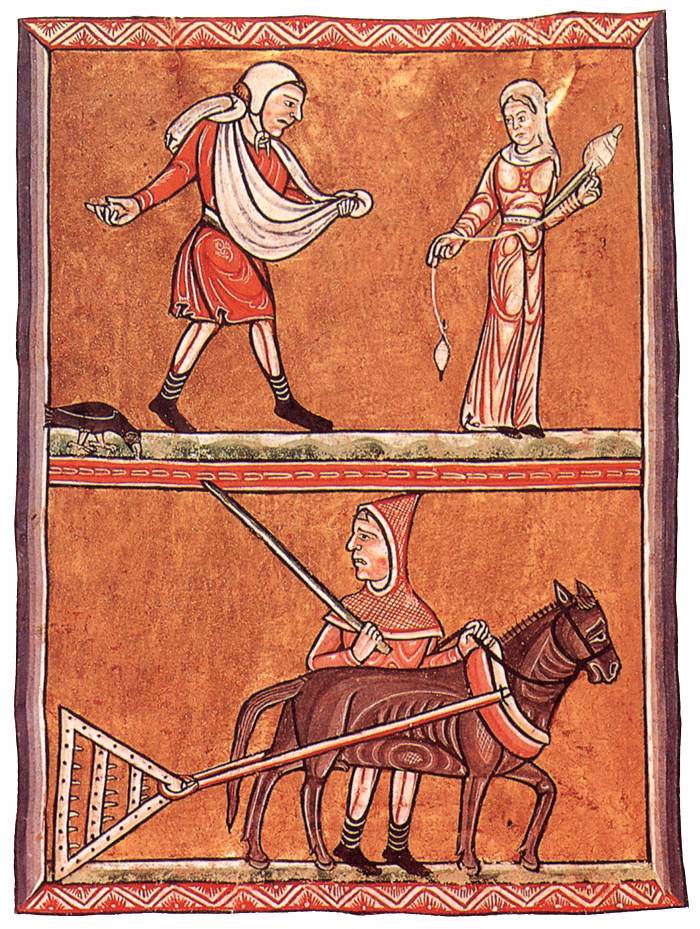 Contractual relationships, in contrast to covenantal relationships, are founded on the alignment of self-interest. this is not to say they are worthless. In this fallen world, only a fool would attempt to run a business without contracts: but in practice the actual transactions will usually involve a mixture of the contractual and the covenantal activity. Even if bolstered by signed contracts, very few have absolutely no interest in the good of the other when doing business with them, even if it is only to try to consider how to make a product more valuable to a customer by suiting his needs better. Also, there must be a basic trust and mutual respect otherwise, for all the legal protection in the world, no business would be done. What the Pope tells us is that it is the covenantal aspect that is the wealth creating superabundant part. Presumably, therefore, if one wishes to maximise the creation of wealth this is the aspect upon which we should focus. I have written about this more here.
Contractual relationships, in contrast to covenantal relationships, are founded on the alignment of self-interest. this is not to say they are worthless. In this fallen world, only a fool would attempt to run a business without contracts: but in practice the actual transactions will usually involve a mixture of the contractual and the covenantal activity. Even if bolstered by signed contracts, very few have absolutely no interest in the good of the other when doing business with them, even if it is only to try to consider how to make a product more valuable to a customer by suiting his needs better. Also, there must be a basic trust and mutual respect otherwise, for all the legal protection in the world, no business would be done. What the Pope tells us is that it is the covenantal aspect that is the wealth creating superabundant part. Presumably, therefore, if one wishes to maximise the creation of wealth this is the aspect upon which we should focus. I have written about this more here.
As with all things that exist in human nature, the essence of personhood exists in perfection in God in whose image and likeness we are made. However, there is only one God and unlike us He is complete unto Himself and does not rely on any external relationships in order to exist. Revelation helps us here: through it we know that there is one God and three persons in the Trinity, in perfectly realized relationship. As with the human person each person of the Trinity is by nature relational.
A Christian concept of the human person and his relationship with God, it seems to me (this liturgical aspect of the anthropology I am about to describe was not discussed at Acton) explains Courbon's quote which connects liturgy and economics: our joy as human beings rests in the nature of our participation in the liturgy. We are liturgical beings, first and foremost - we are made for the liturgy. Through the liturgy we enter into a truly personal relationship with God: we approach the Father, through the Son, in the Spirit. Put another way, when we participate in the liturgy we enter the mystery of the Trinity through the Church, the mystical body of Christ. When we do so, by grace, we can relate first, personally, to the Son as man; and second to the Father through the Son as God. The Son is one person, but two natures.
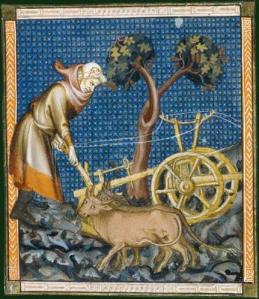 The point that Courbon makes very strongly in his book is the fact that through our participation in the liturgy and this personal relationship with Christ as man, we are divinized. To quote St Athanasius of Alexandria in the 3rd century: 'God became man that man might become gods.' We are not fully partaking of the divine nature in this life, but by degrees and to the extent that we actively participate in the liturgy, we are partially divinized in this life. Our ordered participation in any human relationships rests on the foundation of our relationship with God; and our relationship with God rests on our and the Church's participation in the liturgy. It is a lack in our participation that causes difficulties in our personal lives and our participatio in society. Any problem of modern society that we care to mention is at root a problem relating to our personal relationships, for personal relationships are the building block of society. Similarly all that is good in day to day mundane living can be so because of personal relationships ordered liturgically. Therefore, it is to the degree that we are divine, shining with that same light that was seen at the Transifiguration, that we can act as agents for a good society, a good culture, a good economy. Accordingly, this all depends upon our ordered and active participation in the liturgy.
The point that Courbon makes very strongly in his book is the fact that through our participation in the liturgy and this personal relationship with Christ as man, we are divinized. To quote St Athanasius of Alexandria in the 3rd century: 'God became man that man might become gods.' We are not fully partaking of the divine nature in this life, but by degrees and to the extent that we actively participate in the liturgy, we are partially divinized in this life. Our ordered participation in any human relationships rests on the foundation of our relationship with God; and our relationship with God rests on our and the Church's participation in the liturgy. It is a lack in our participation that causes difficulties in our personal lives and our participatio in society. Any problem of modern society that we care to mention is at root a problem relating to our personal relationships, for personal relationships are the building block of society. Similarly all that is good in day to day mundane living can be so because of personal relationships ordered liturgically. Therefore, it is to the degree that we are divine, shining with that same light that was seen at the Transifiguration, that we can act as agents for a good society, a good culture, a good economy. Accordingly, this all depends upon our ordered and active participation in the liturgy.
As Pope Benedict points out in his book, The Spirit of the Liturgy, the schism between the culture of faith and the broader culture occurred in the 19th century. All of the preceeding discussion points to the conclusion that this occured due to problems with the liturgy at this time that remain with us to this day. The Fathers of the Second Vatican Council addressed this directly and the Reform of the Reform movement, which looks directly to Pope Benedict as its figurehead is aimed at a proper implementation of what this council called for in Sacrosanctum Concilium. In his analysis of the problems in the liturgy of the Church that caused this schism, presented in paper at a conference in 2002 which was attended by the then Cardinal Ratzinger, Stratford Caldecott points to a misunderstanding of the anthropology due to the influence of the Enlightenment. He describes how the traditional and scriptural view of man as body, soul and spirit had been usurped by a dualistic picture of man as body and soul only. I have written about this here.
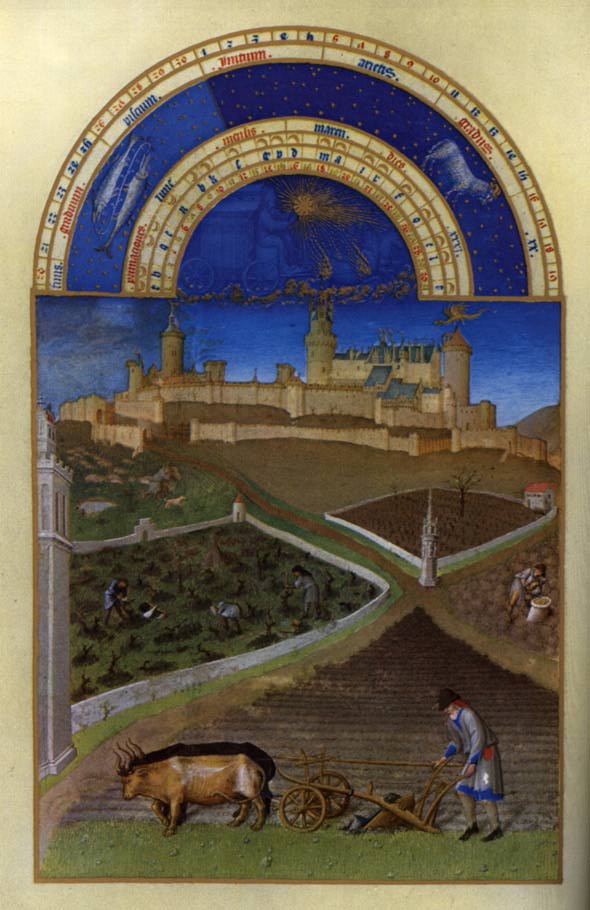 Where does this leave us in regard to the economy? There are many today who point to problems, especially cultural problems in modern society which they feel have economic causes. So the sense of alienation of the person from society through variously too much work, the lack of it, or the wrong sort; the lack of genuine community in work that supports the family, and a culture bereft of grace and beauty with art that doesn't look like art at all, music that doesn't sound like music, ugly mass-produced goods and ugly houses, factories, civic buildings and churches. Many who have this view blame in varying degrees causes such as capitalism, the unfettered free market, mass production, industrialisation to name four.
Where does this leave us in regard to the economy? There are many today who point to problems, especially cultural problems in modern society which they feel have economic causes. So the sense of alienation of the person from society through variously too much work, the lack of it, or the wrong sort; the lack of genuine community in work that supports the family, and a culture bereft of grace and beauty with art that doesn't look like art at all, music that doesn't sound like music, ugly mass-produced goods and ugly houses, factories, civic buildings and churches. Many who have this view blame in varying degrees causes such as capitalism, the unfettered free market, mass production, industrialisation to name four.
I share this concern about the culture and the nature of work today, not as an economist about which I know very little, but just as someone who is part of society and works. But like Corbon I feel that the problem to be solved is liturgical and with all of these things the first question to ask is of myself: how am I participating in the liturgy? To me industrialisation and capitalism are not inherently bad, in fact quite the opposite. I think they are very good. However, because they developed in this post-Enlightenment age, the forms we now see them in lack something very important. That is a foundation of personal relations that are resplendant, at least to greater level, in the Glory of God. Only once we seek this union with God through an ordered and active participation in the liturgy can we see a change. Any proposed solutions to these problems that are simply economic in nature, in the sense that they take no account of man as a liturgical being and his participation in the liturgy, will I think end in failure. It may solve the immediate problem, but will create others elsewhere. It is like the huge bump on the head of Tom the cat in the Tom and Jerry cartoons. Jerry aims to cure it by hammering the bump flat. He succeeds, but as the first bump diminishes with each hammer blow, a second appears and grows elsewhere by equal degrees.
My belief is that if we adopt a model of economics that is rooted in a liturgical view of the anthropology, then we can transform the industry and the economy into power houses for culture of beauty. It will never be perfect, but it can be a lot better. We do not need to go back in time to a medeival pre-industrial society.
What would an economy based upon a liturgical view of the anthropology look like? I have no idea. I am not an economist. My guess is that we don't have to specify it. To the degree that the liturgical transformation of man occurs it will happen organically as each personal relationship becomes more ordered and shines with the glory of God. If there is a role for the government here it is not so much and active one where it tries to direct human economic activity, but rather passive - to protect personal freedom so that each unique person can relate to others in the way that is natural to them. Through God's grace the creativity of man is boundless. The government, an institution, is less likely to be inspired in its actions, its seems to me, than some, at least, individuals; given that there are so many individuals and just one government. Therefore, the more the government takes an active role, rather than passive, the effect is likely to be that in promoting the one course of action that it favours, it will stifle the almost limitless variety of individual actions that do not correspond to it. This reduces the chance of a solution being found in any situation from high to virtually negligible.
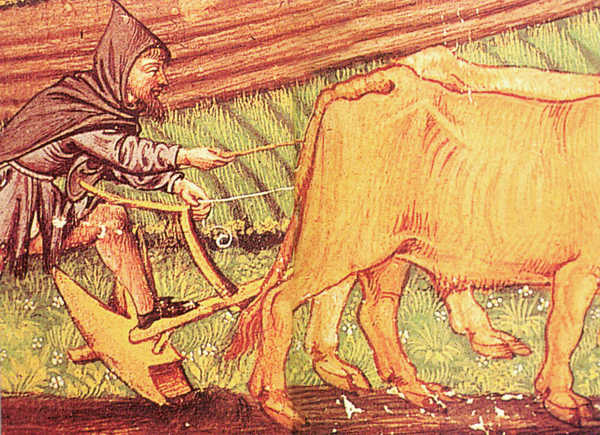 To quote Corbon at greater length: "Work and culture are the place where men and the world meet in the glory of God. This encounter fails, or is obscured to the extent that men 'lack God's glory' (Rom 3:23). If the universe is to be recognised and experienced as filled with his glory (see Is 6:3), men must first become once again the dwelling places of this glory and be clothed in it; that is why, existentially, everything begins with the liturgy of the heart and the divinization of the human person. We deal in abstractions when we say that a man is a microcosm, and we delude ourselves when we hope that man can divinize his world - as long as it has not become clear that God's glory is the source of his divinization." (p225)
To quote Corbon at greater length: "Work and culture are the place where men and the world meet in the glory of God. This encounter fails, or is obscured to the extent that men 'lack God's glory' (Rom 3:23). If the universe is to be recognised and experienced as filled with his glory (see Is 6:3), men must first become once again the dwelling places of this glory and be clothed in it; that is why, existentially, everything begins with the liturgy of the heart and the divinization of the human person. We deal in abstractions when we say that a man is a microcosm, and we delude ourselves when we hope that man can divinize his world - as long as it has not become clear that God's glory is the source of his divinization." (p225)
"For this light that transfigures both work and the created thing that work shapes is the light of communion.Like the eucharistic liturgy, the Eucharist as lived out in daily life is crowned by communion. At bottom, it is the absence of this communion that is at the root of injustices in the workplace, with its alienating structures, and of disorders in the economy. The liturgy does not do away with the need for our inventiveness in dealing with these problems. However, it does something even better: since it is not a structure but the Breath of Spirit, it is prophetic; it discerns, it challenges; it spurs creativity and is translated into actions. It cries out for justice and is the agent of peace." (p229)
Unfortunately, I am unable to make Acton University this summer as I am returning to England for the month. I will be sorry to miss it. I would recommend anyone interested in these issues of the economy, the human person and Catholic social teaching; and meeting many like minded people, to attend.
However, any who can make it to New Hampshire over the summer and are interested by these issues might consider coming along to our weekend retreats which are a combination of lectures about the cosmic liturgy and practice in accordance with the ideas above. See here for more details about the Way of Beauty Summer Retreats.
The pictures are from various medieval manuscripts and psalters. The painting below is The Fight between Festival and Lent by Breugel
